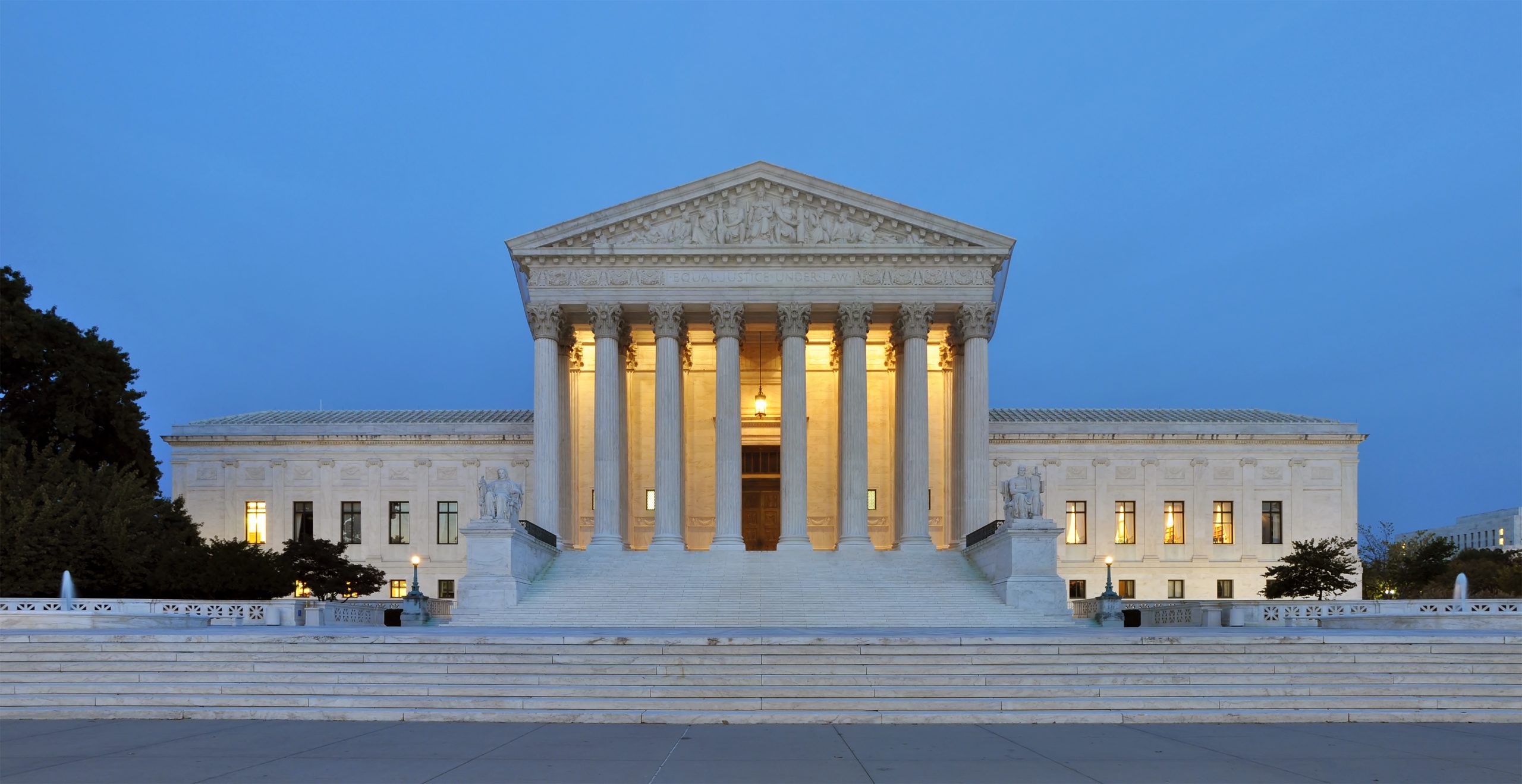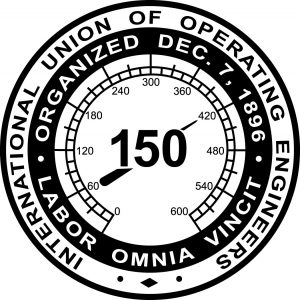
Imagine for a moment that you are at work one day when you receive an email from your employer, stating that to keep your job, you must give up your right to bring or join a class-action lawsuit against the company.
Merely continuing to work there serves as your agreement to resolve wage violations, harassment claims and other workplace complaints through a one-on-one arbitration process, which rule in favor of employers more often than the courts do. Even if multiple employees share the same complaint, each must take on the company individually.
If you find a midday “take-it-or-quit” email from your employer to be menacing and heavy-handed, you’re on to something. One thing it is not, however, is imaginary. This is what happened to employees at Epic Systems and Ernst & Young, and the Republican-appointed majority of the Supreme Court just gave its support to the employers.
The tone of the decision, written by Trump-appointed Justice Neil Gorsuch, borders on disdain for the National Labor Relations Act (NLRA), which enables workers to engage in collective action. Absolute authority is given to the employer-leaning Federal Arbitration Act while the NLRA is bent to its breaking point, and simply cast aside in several instances.
In her scathing dissent, Justice Ruth Bader Ginsburg went to the mat for workers, arguing that the majority decision is “egregiously wrong” and “ignores the destructive consequences of diminishing the right of employees to band together in confronting an employer.”
Step back for a moment. What is the practical significance of this decision on the American workforce? Currently, nearly 25 million workers are subject to arbitration agreements at work, and the Economic Policy Institute recently concluded that 80 percent of workplaces are likely to adopt them within the next 6 years.
Within hours of the Epic decision being issued, employment law giant Ogletree Deakins launched a new product, DIY Arbitration Agreements, which it bills as “an automated tool to prepare arbitration agreements with class action waivers in mere minutes.” This decision was a gift to companies that want to weaken employees and the law firms that help them do it.
The winners and losers in this decision are clear. Gorsuch’s approach leaves little doubt whose side he will take in future attacks on working people. His tone leaves even less doubt upon why conservative “dark money” organizations spent more than $14 million to support his confirmation.
Buried in Gorsuch’s law lecture to his fellow Justices, however, is a passing acknowledgement of workers’ only remaining defense: Section 7 of the NLRA “may permit unions to bargain to prohibit arbitration.” Workers who don’t want to choose between being dictated to or quitting have another path of recourse: form a union.
Fighting these battles for workers is what unions do. If a member of Local 150 is victim to wage theft, unjust termination, or workplace mistreatment, we are their backup. Our contracts are enforced by staff of business representatives, backed by a team of lawyers that will go toe-to-toe with any employer who violates the law or a contract at the expense of its employees.
Workers who are not members of a union often don’t know how union membership could help them, but decisions like this one are glaring reminders of why unions exist: only collectively can workers counter the strength and resources of their employers.
This will not be the last pound of flesh that the conservative Supreme Court takes from workers, but a bear will only be poked so many times before it attacks.
James M. Sweeney
President-Business Manager


